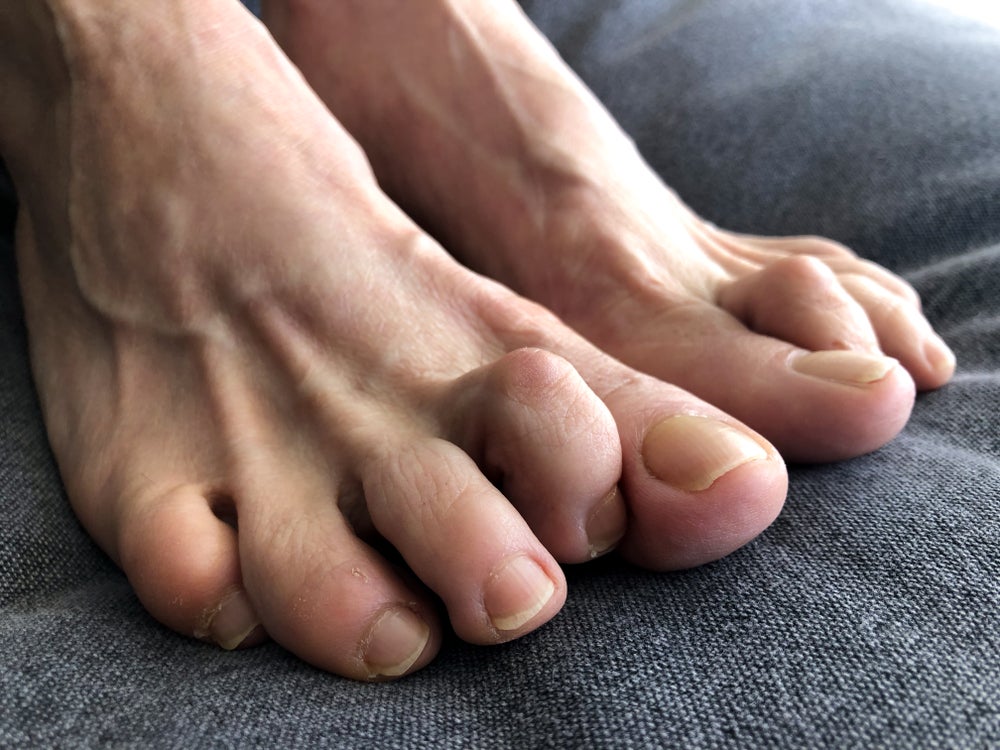Evolution Optiks has launched a prospective, single-site, randomised, controlled trial of its DeCon device to assess human vestibular disorders.
It will compare the performance of the neuro-optical testing device with the videonystagmography technology.
This technology is utilised to test inner ear and central motor functions by tracking movements of the eye in response to visual stimulation and changes in position.
The study will enrol up to 25 participants, who will undergo nine different tests using both devices at a clinical centre in New York.
The vestibular system consists of the inner ear and brain parts responsible for processing the sensory information involved with balance control and eye movements.
Damage or illness to these processing areas can lead to vestibular dysfunction.
Vestibular disorders often result from external brain trauma, commonly caused by events such as falls and head impacts, particularly in motor vehicle accidents or sports-related injuries.
Leveraging advanced hardware and software, the DeCon device enables the diagnosis of vestibular dysfunction by offering access to multiple neurological tests.
Evolution Optiks president and CEO Raul Mihali said: “Our DeCon unit, which is intended to be marketed under our brand name NeuroDynamiks, relies on proprietary technology that allows for tracking and analysis of involuntary movements of the eyeball in response to stimuli within the head-mounted device.
“These data are simultaneously recorded on the device and, if required, can be made available remotely for interpretation by a qualified medical practitioner.”















